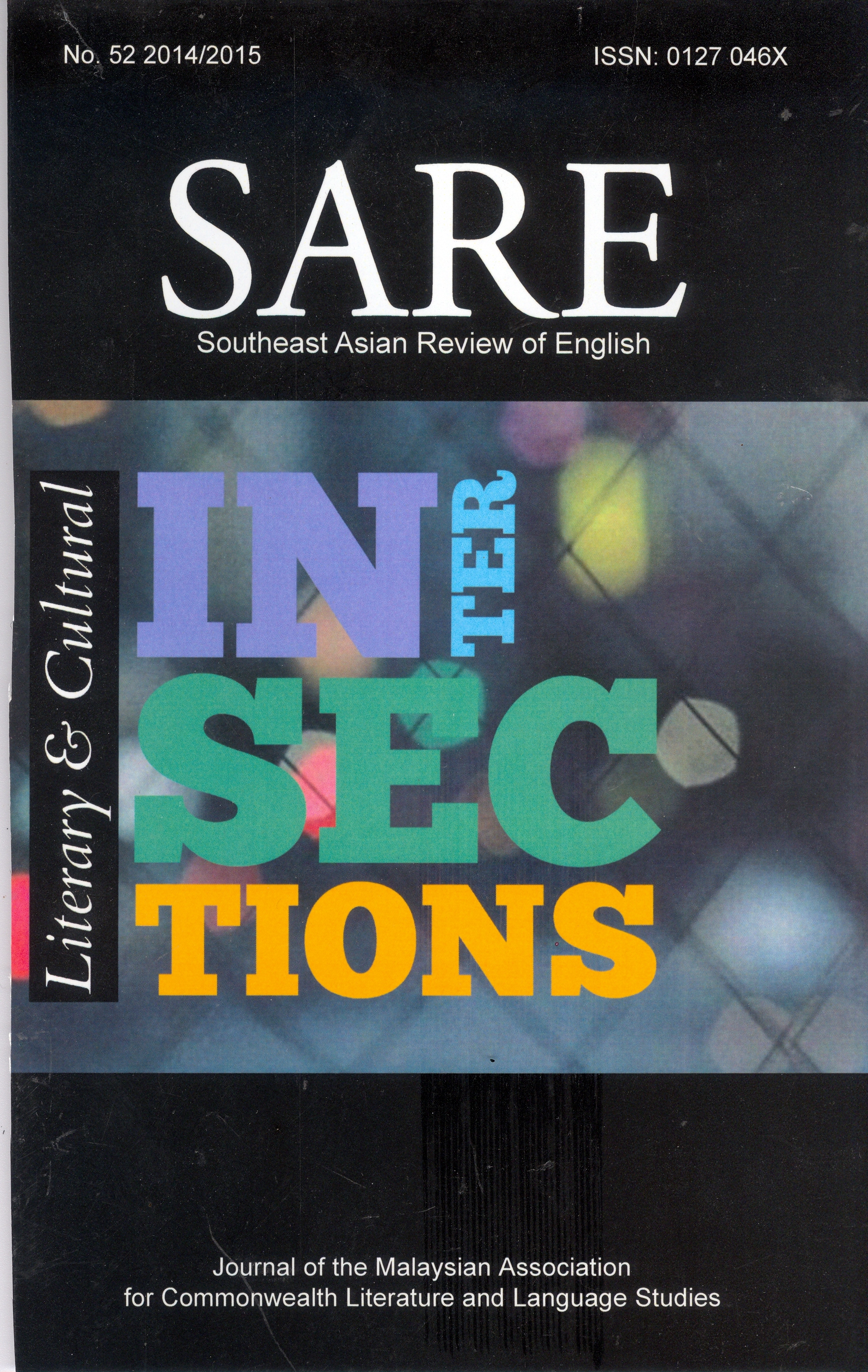Food Porn as Visual Narrative: Food Blogging and Identity Construction
Main Article Content
Abstract
Globalization has transformed the way modern society produces, prepares and consumes food. For the past twenty years, studies on the globalization of food have focused primarily on the effects of fast food industries on societies. The term 'McDonaldization' was coined by sociologist George Ritzer in his seminal work "The McDonaldization of Society" (100-7). A decade later, the topic remains the same but the focus has shifted to the East with the popularity of eastern cuisine, especially Japanese sushi in Western cultures (Carroll 451). Through the proliferation of fast food chains and sushi, new cultures of fusion food have emerged to diminish the social differences in eating. However, there has been a revival in class-based eating as in a recent phenomenon known as 'food porn.' Although it may sound outrageous, food porn is defined as 'food that is so sensationally out of bounds of what a food should be that it deserves to be considered pornographic' (McBride 38). This refers to the mouthwatering, highly-stylized images of food displayed in magazines, cook shows and social media that is meant to induce the desire to eat. A key feature of food porn is its fantasy-like, unattainable quality, as most home cooks can never reproduce the exact dish presented. As noted by critic Richard Magee in "Food Puritanism", ornamental cooking is only valued for its attractive surface appearance, but is fully divorced from its taste or nutritional aspect (26-38). It is about putting on a show; a culinary performance to stimulate the sight of the audience and whet their appetites. The line between fiction and reality is often blurred in such visual representations of food.
Downloads
Article Details
Copyrights of all materials published in SARE are retained by the authors. Authors may republish their work or grant others permission to republish it. We would be grateful if republication is accompanied by an acknowledgment that the work was originally published in SARE.
